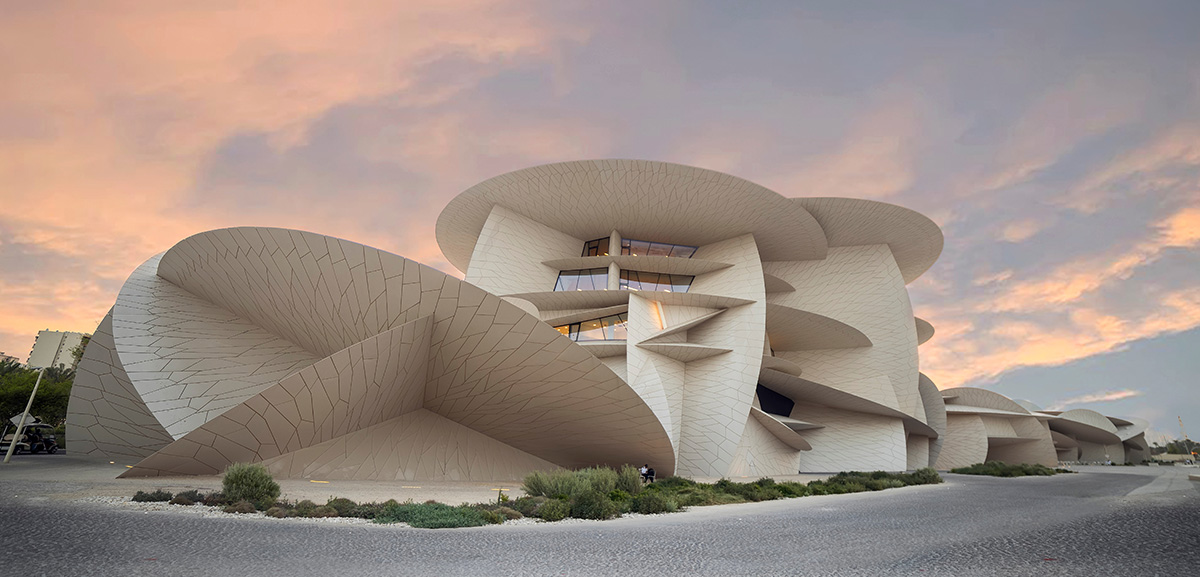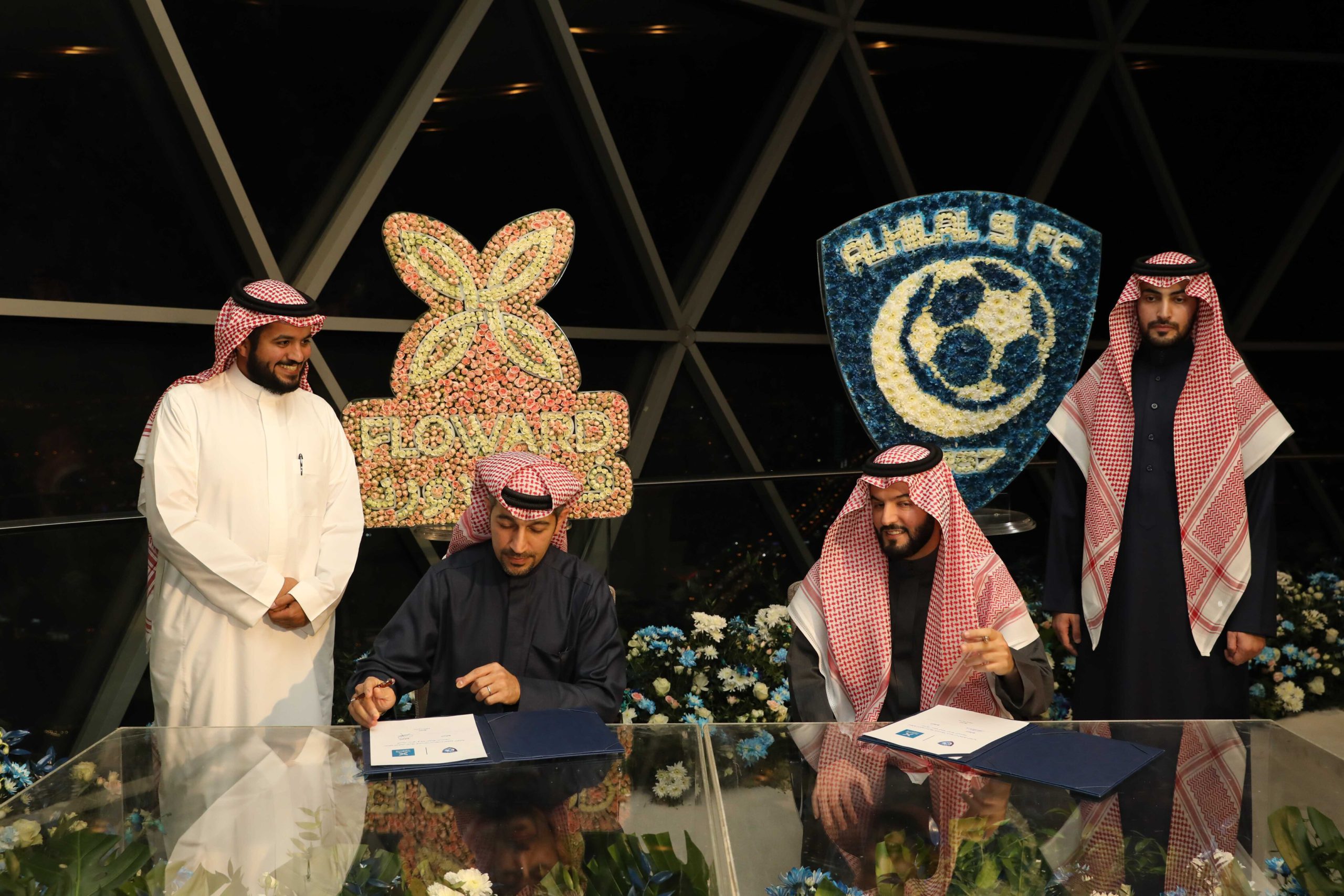As Muslims across the world prepare to celebrate Eid Ul-Adha – one of the two major festivals of Islam – here is a brief history to provide you with the backdrop of this beautiful tradition.
What happens on the day of Eid?
The day begins with morning prayers. Those who can afford then slaughter an animal – sheep, cow, camel – whatever is within their means. Each sacrificed animal/meat is split into three parts – 1 to be taken for self-consumption, 1 to be given for charity and 1 to be distributed amongst Relatives & Friends.
The celebrations continue with visits to friends and family, exchange of gifts and feasts.
Eid ul-Adha corresponds with the last day of Hajj, the pilgrimage to Mecca that all financially and physically able Muslims are required to undertake once in their lifetime (it is also one of the 5 pillars of Islam).
Why do they sacrifice?
It is said that prophet Ibrahim (AS) experienced a dream one night, in which Allah (SWT) told him to sacrifice his beloved son, Ismail (AS).
Despite the father love, prophet Ibrahim (AS) was fully prepared to follow Allah (SWT)‘s command.
He took his son to the top of Mount Arafat to perform the sacrifice. He told Ismail (AS) about his dream and being an obedient son, Prophet Ismail (AS) immediately obliged to the wishes of Allah (SWT) and his father.
Blindfolded (to not see his son suffer) and with the knife in his hands, Ibrahim (AS) did as Allah (SWT) had asked of him. When he took the blindfold off, to his surprise, he saw the body of a dead ram in front of him. Ismail (AS) was completely unharmed standing right next to him. Then he heard a voice telling him that Allah (SWT) looks after his followers and that he need not worry.
A divine miracle had taken place.
Ibrahim (AS) and Ismail (AS) had just passed one of the greatest tests from Allah (SWT).
Since then, every year, during the month of Dhul Hijjah, the last month of the Islamic Lunar calendar, Muslims from around the world perform sacrifice to remember what Ibrahim (AS) did. They re-iterate the act to inspire devotion, obedience, and submission to Allah (SWT) in their own lives.
Eid ul-Adha is not just a celebration, but the remembrance of one of the greatest sacrifices in history.
Remembering his sacrifice, we exemplify the simplicity of Allah (SWT)’s commands we’ve been asked to follow. To believe in Islamic Monotheism, Pray Salaat, Give Zakat (Charity), Perform Sawm (Fasting) and do Hajj – all of this nowhere close to the difficulty of sacrificing a loved one.
Where are will you be celebrating Eid ul Adha this year?
Written By: Jasmine Sharif
More on Lifestyle & Living






Leave A Comment
You must be logged in to post a comment.